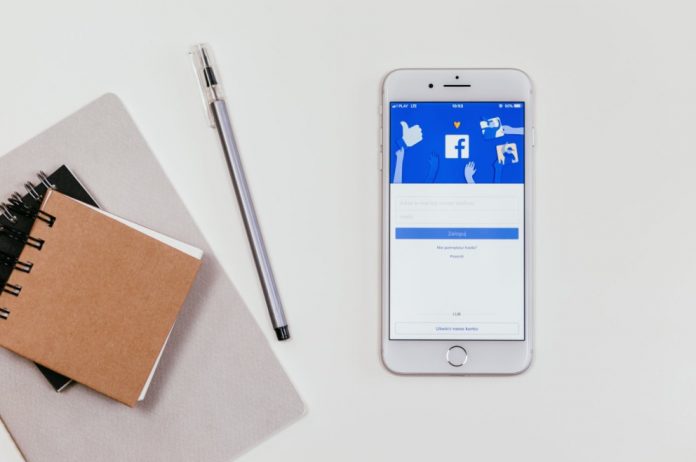It’s been taking shape relatively quietly since Mark Zuckerberg first announced the creation of Facebook’s new independent board in 2018, but the first official appointment to what’s set to be the ‘Court of Facebook’ has framed the social media giant’s new board-overlord in a light that extends beyond simpler decisions about content.
In January 2020, Thomas Hughes was selected as leader of Facebook’s new independent board that many have likened to its own supreme court. Hughes’s last position saw him working at Article 19, a British activist group focused on the right to freedom of expression and information, as its executive director.
It’s certainly an intriguing move considering Facebook’s tumultuous history with misinformation and data misuse, spanning from the rise in fake news circulation during the 2016 US presidential election and culminating in the Cambridge Analytica crisis.
On the same day that Hughes’ appointment was announced, the first in-depth details of how Facebook is planning to manage and implement what they’ve dubbed the Oversight Board. The board’s staff won’t be judging its cases, which anyone user whose content has been removed (or even Facebook, if it’s finding the decision to take down posts too problematic) can present to them.
The non-removal of content will constitute board-worthy disputes in the future, once the Board’s infancy has passed (and presumably once it’s been deemed to succeed).
Where the board’s real power lies is in its ability to recommend policy changes to the company itself. There’s no condition of the board that states that Facebook has to take on those recommendations – instead, they will filter through the company’s policy development process and be proposed to stakeholders for their consideration before a public announcement is made about a decision.
With the announcement of Hughes’ appointment, someone with a background in protecting the very rights Facebook has formerly trampled over, it’s become clear that this board will prove a bigger challenge for Facebook to handle than what we formerly knew.
Having the board’s ‘judges’ dictate whether the political right or left have been deemed by the opposing side to have breached freedom of speech rights, or whether a company has broken it’s responsibility to secure the information of consumers, will be an obvious breath of fresh air for Zuckerberg.
However, board decisions will come in 90 days, and Facebook’s policy adoption (or non-adoption) announcements in 30. By then, the public’s ruling on these cases will be well and truly in. How Zuckerberg expects the decisions to land on the internet, when users will have already made up their minds, will be another matter. It will no doubt need to be a carefully expedited PR exercise in order not to load further public outrage onto the company’s already depleted reputation.

![5 Reasons You Should Travel Alone Airplane [image source: chau nguyen/ http://thedevilhatessweatpants.blogspot.com.au ], crowd ink, crowdink, crowdink.com, crowdink.com.au](https://crowdink.com/wp-content/uploads/2016/08/Chau-airplane-218x150.jpg)




























![5 Reasons You Should Travel Alone Airplane [image source: chau nguyen/ http://thedevilhatessweatpants.blogspot.com.au ], crowd ink, crowdink, crowdink.com, crowdink.com.au](https://crowdink.com/wp-content/uploads/2016/08/Chau-airplane-100x70.jpg)


